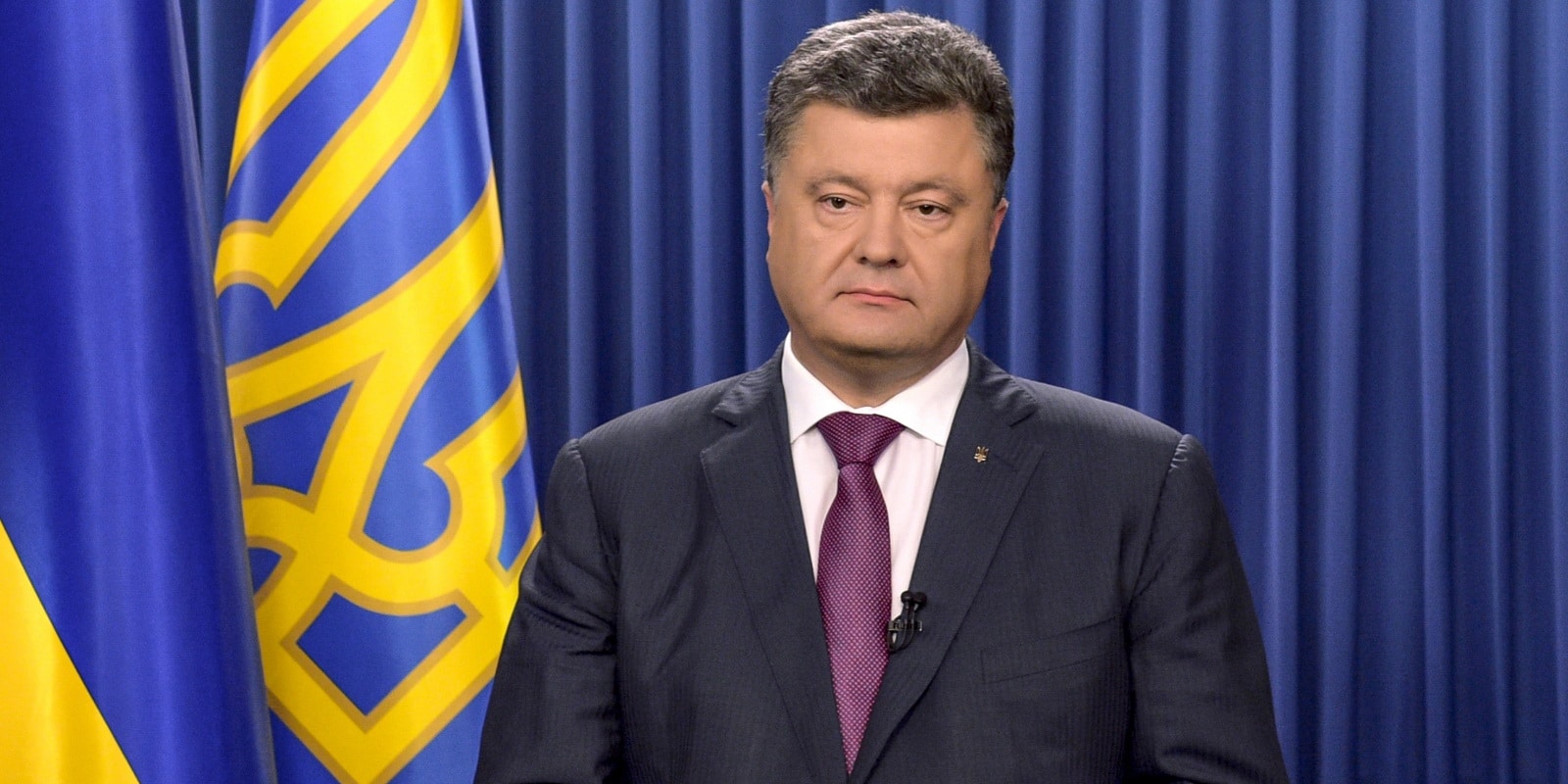Chesley Burnett Sullenberger Jr. was born in 23 January 1951, in Denison, Texas USA, to Marjorie Pauline and Chelsey Sullenberger of Swiss and German ancestry, and is best known as a former airline captain, famous for the landing of the US Airways Flight 1549 in the Hudson River in 2009.
So just how rich is Chelsey Sullenberger as of late 2017? According to authoritative sources, this captain has a net worth of $1.5 million, accumulated from his career in the airline industry between 1980 and 2010.
Chesley Sullenberger Net Worth $1.5 Million
According to his family, Sullenberger would often make models of airplanes when he was a child, and he became interested in that field after he saw military jets from a US Air Force base. He attended school in Denison, and his intelligence was high enough for him to qualify for MENSA. He then attended the US Air Force Academy, graduating with a Bachelor of Science degree, and subsequently a Master’s degree in Industrial Psychology at Purdue University, and another Master’s degree, in Public Administration from the University of Northern Colorado. He began career in US Airways, and has an Airline Transport Pilot Certificate and in addition to that, a Commercial Pilot Certificate. As the result of his efforts, he also earned a certificate to be a flight instructor. He subsequently qualified as a fighter pilot, flying the F-4 Phantom from Lakenheath in the UK, and then becoming an instructor at Nellis AFB, Nevada. Chesley left the USAF in 1980 with the rank of captain, and joined US Airways.
This captain had a distinguished if generally uneventful career in the airline, but rose to fame when he landed US Airways Flight 1549 in mid-January 2009; as the legendary story says, the plane was hit by a flock of Canadian geese immediately after take-off from New York’s La Guardia Airport, and the aircraft lost power from both engines. Chesley, who had considerable experience, quickly realized what had happened, and having figured out that he would be unable to reach an airport, he performed a perfect water landing on the Hudson River. All of the people aboard were evacuated, without loss of life or serious injury. This event made Sullenberger a hero, and the US President, George W. Bush thanked him for saving many lives, and in the same manner, Sullenberger was called by Barack Obama, who would become the President after Bush. Subsequently, he attended the presidential inauguration, which was held later in January 2009, and there he met Barack Obama in person. Chesley and other members of the crew were rewarded with a Masters Medal by the Guild of Air Pilots and Air Navigators. In addition to that, on 24 January of the same year, his hometown held a special ceremony for him. He was later awarded the Legion of Honor in late 2010, as he retired from US Airlines.
Unsurprisingly, Sullenberger became a speaker on airline safety, and at the other end of flying, from 2010 to 2013 was the co-chairman of the EAA’s Young Eagles youth introduction-to-aviation program, along with First Officer Jeffrey Skiles. Also in 2010, CBS News hired Sullenberger as an Aviation and Air Safety Expert. Additionally, he spent some time as an accident investigator, and in that regard he served as the Air Line Pilots Association Local Air Safety Chairman; Sullenberger is widely recognized for his safety work in that branch.
His long and successful career ended in 2013, after more than 40 years as a pilot, and having accumulated an impressive 20,000 hours of flying.
In addition to having a successful flying career, Chelsey is also an author who has written two books: ‘’Highest Duty: My Search for What Really Matters’’ and ‘’ Making a Difference: Stories of Vision and Courage from America’s Leaders’’.
When it comes to his personal life, Sullenberger shared a lot of information regarding that topic in his books. He is married to Lorraine Sullenberger and has two adoptive daughters, Kate and Kelly with her. The Sullenberger family now resides in the San Francisco Bay Area.


